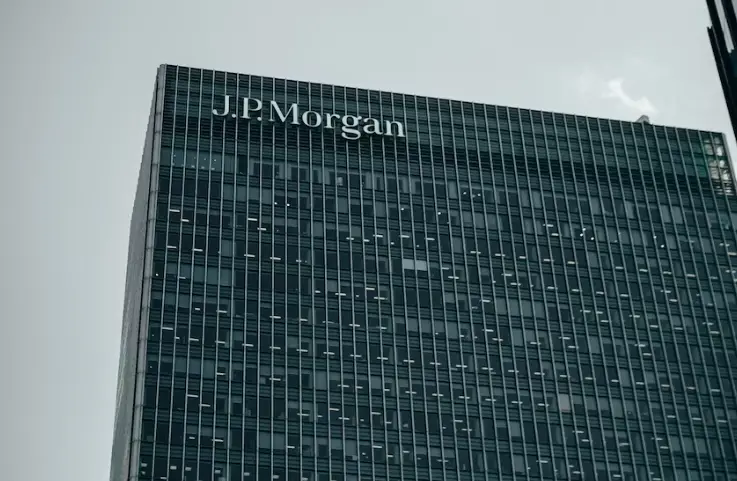JPMorgan Chase CEO Jamie Dimon said the turmoil arising from the collapse of Silicon Valley Bank will be felt in the financial industry for years, and contrary to perceptions, the crisis is far from over.
In his annual letter to shareholders, the banker noted the collapse “significantly changed the market’s expectations, bond prices have recovered dramatically, the stock market is down and the market’s odds of a recession have increased.”
Although Dimon acknowledged that recent events are far different than what occurred during the 2008 financial crisis, Dimon said, “the current crisis is not yet over, and even when it is behind us, there will be repercussions from it for years to come.”
He went on to add, the recent events “provoked lots of jitters in the market and will clearly cause some tightening of financial conditions as banks and other lenders become more conservative.”
In early March, amid a rush on its deposits triggered by the revelation it had been forced to sell assets at a loss to generate liquidity and was seeking additional investment, regulators were forced to swoop in and seize Silicon Valley Bank. Within days, crypto-focused lender Signature bank had also been seized amid a run on deposits. First Republic, which appeared to be faltering, ended up receiving a $30 billion rescue from top Wall Street banks, including JPMorgan Chase, in the form of uninsured deposits. The major banks stepped in amid fears First Republic could be the next bank to fail, and that could trigger wider panic, increased withdrawals, and more bank failures.
The fear however, then spread to Europe, where Credit Suisse had been struggling after a year of scandals and regulatory failures which already had the bank enduring massive outflows. As Credit Suisse appeared in trouble, the Swiss government stepped in, brokering a deal with its larger rival, UBS to acquire the troubled lender in return for government support and guarantees.
Dimon said that in this crisis, the stresses on regional banks were causing investors and analysts to speculate that deposits were safer in “too big to fail” banks, and this would benefit banks such as JPMorgan. However he emphasized banks such a JPMorgan needed to strengthen smaller banks to prevent a wider loss of confidence in the entire financial system.
He wrote, “Any crisis that damages Americans’ trust in their banks damages all banks – a fact that was known even before this crisis. While it is true that this bank crisis ‘benefited’ larger banks due to the inflow of deposits they received from smaller institutions, the notion that this meltdown was good for them in any way is absurd.”
He also issued a call for more regulation of the financial sector, noting policymakers should be more cautious about moving financial services toward non-banks and so-called shadow banks.

